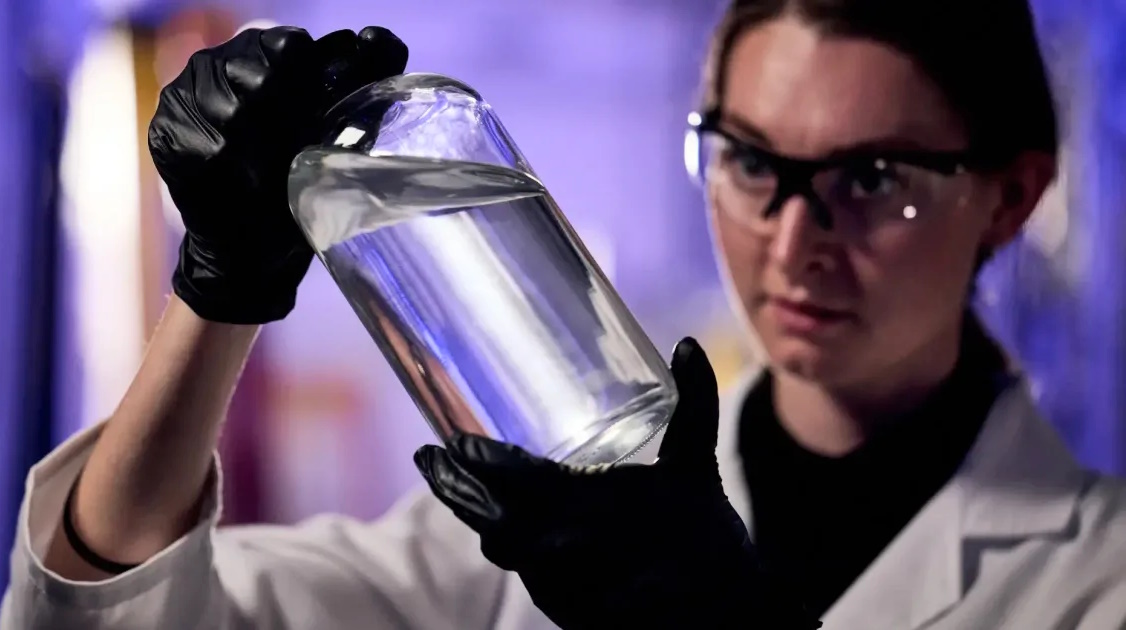Article
Will patients trust Tony Blair’s ‘Robo-Docs’?

Speaking at SXSW London this week on the prospect of ‘AI doctors and nurses’, former Prime Minister Tony Blair didn’t mince his words. “The NHS should be looking at how it can use this technology to transform healthcare,” he said, referring to the growing role of artificial intelligence in diagnostics and patient care. Blair’s argument is clear: AI has the potential to reduce backlogs, personalise treatment, and free up frontline staff. But only the system is brave enough to adopt it.
But while the technology is racing ahead, we’d argue the public is not.
Many patients remain deeply uneasy about AI in healthcare. Whether it’s the fear of faceless machines making life-altering decisions, concerns about safety, or distrust in the commercial players behind the tech, it’s clear that public sentiment has yet to catch up with the innovation pipeline.
Through representing AI-health technology pioneers like Wysa, here at Diffusion we have seen both the communication challenge and the business opportunities up close. As ever, this means starting early to shape the national conversation about emerging health technology and start the process of building trust.
When it comes to introducing more AI-technology into hospitals and surgeries, the ethical barriers should not be underestimated, but the conversation will need to be built around core principles including:
- Clarity over mystery: Patients deserve to know how decisions are made. If AI flags a cancer risk or triages a GP call, they must understand why
- Partnership over replacement: Position AI as augmenting clinical care, not replacing doctors and nurses
- Regulation and reassurance: Working closely with the NHS, NICE, and professional bodies to demonstrate compliance and build credibility
- Proactive, human-centred PR: Use media relations not to sell the tech, but to humanise it. Real patient stories. Independent trial data. Clinician voices. In a media ecosystem shaped by emotion and trust, these are your most powerful tools
As Blair noted, institutional inertia may slow the rollout of transformative AI-powered healthcare in the UK. But public mistrust could stop it altogether. Health tech founders should see proactive communication not just through the narrow lens of brand awareness, but as a strategic lever, essential to technology adoption, funding, and long-term impact.
The real challenge is not just to adopt AI, but to earn the right to use it by building confidence, ensuring accountability, and showing patients that smarter tech can mean better, more human care.
AI might not wear a white coat for a while yet, but with the right safeguards, it could become the NHS’s most reliable second opinion.
If you’re a comms professional grappling with how to communicate complex or controversial science and technology, and could use some support, we’d love to help, please drop me a line to connect at ivana.farthing[@]diffusionpr.com.





